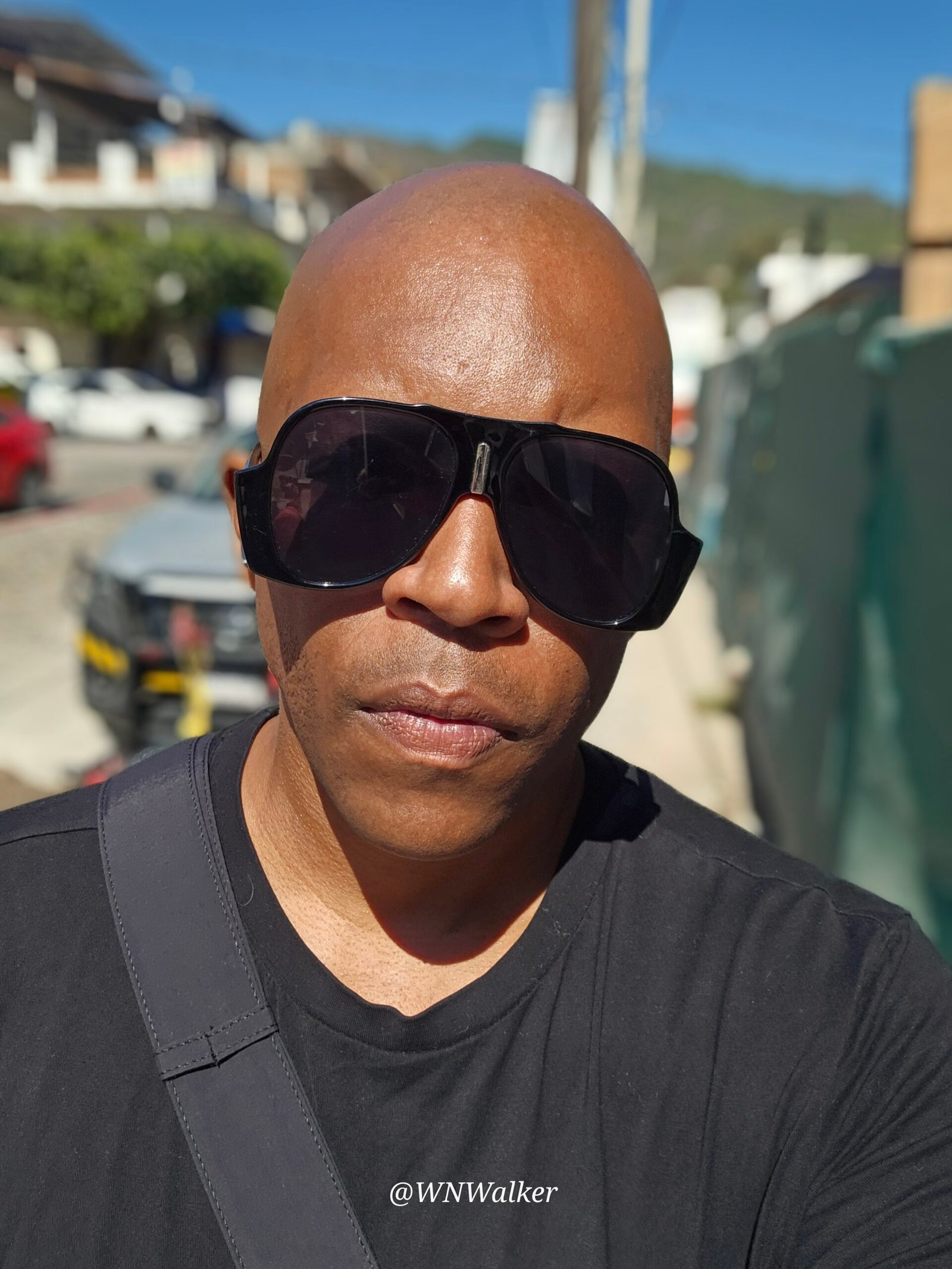Rebuilding Trust After Suspecting Infidelity: 7 Steps to Heal, Reconnect, and Move Forward
Rebuilding Trust After Suspecting Infidelity: A Step-by-Step Guide
Trust is the invisible thread that holds relationships together. When infidelity is suspected—or confirmed—that thread frays, sometimes to the point of breaking. But here’s the truth: relationships can recover. While it may not be easy, healing and rebuilding trust after infidelity is possible when both partners are willing to do the hard emotional work.
If you’re navigating the painful terrain of betrayal or suspicion, this step-by-step guide is for you. Whether you’re the hurt partner or the one who strayed, the journey back to trust requires intention, vulnerability, and time.
Step 1: Acknowledge What Happened—Even If It’s Just a Suspicion
Before anything can heal, the wound has to be seen. If you’ve suspected infidelity, denying your gut feelings or sweeping them under the rug won’t bring clarity or peace. Sit with your feelings—confusion, hurt, anger, fear—and acknowledge them without judgment.
If the infidelity has been confirmed, honesty is essential. The partner who strayed must take full responsibility. This isn’t the time for blame-shifting or justifications. It’s about transparency.
🔑 Tip: Journal your thoughts or speak with a trusted therapist to unpack your emotions before confronting your partner.
Step 2: Create a Safe Space for Conversation
When you’re ready, have a calm, honest dialogue. Choose a neutral time and place where emotions can be expressed without interruption. This isn’t a one-time talk—it’s the beginning of many healing conversations.
Discuss:
- What happened (if confirmed)
- How you each feel
- What each of you needs to feel safe again
Avoid accusations. Instead, use “I” statements like:
“I feel hurt and confused, and I need to understand what happened.”
Step 3: Understand the Why—Without Excusing It
Understanding the motivations behind infidelity doesn’t justify the betrayal, but it can help you make sense of it. Was it about emotional disconnection? A need for validation? Impulse? Unresolved trauma?
If you’re the partner who was unfaithful, explain your actions openly—but be prepared to answer questions more than once. Earning back trust requires repeated honesty, not defensiveness.
Step 4: Set Boundaries and Expectations
To rebuild trust, clarity is crucial. Discuss what each of you needs to feel safe moving forward. These may include:
- Full transparency (sharing phone access, calendars, social media)
- Regular check-ins or counseling sessions
- Time apart or space to process
- A commitment to monogamy and fidelity going forward
Boundaries are not about control—they’re about mutual respect and healing.
Step 5: Rebuild Through Consistent, Trustworthy Behavior
Trust isn’t restored overnight. It’s rebuilt through consistent actions over time. If you’ve broken the trust, you need to:
- Be accountable for your behavior
- Keep your promises
- Avoid secrecy in any form
- Be patient as your partner heals
If you’re the hurt partner, don’t suppress your pain. Speak your truth when necessary, but also notice the effort your partner is making.
💬 Healing isn’t linear. Setbacks happen. Progress is made in showing up day after day with love, honesty, and humility.
Step 6: Invest in Professional Support
Sometimes, the emotional weight of betrayal is too heavy to carry alone. Couples counseling can offer a structured path toward healing. A therapist trained in betrayal trauma, EFT (Emotionally Focused Therapy), or Gottman Method can guide you through:
- Processing emotional triggers
- Learning new communication skills
- Rebuilding emotional and physical intimacy
There’s no shame in seeking help—it’s a sign of strength, not weakness.
Step 7: Decide Together How to Move Forward
Not all relationships survive infidelity—and that’s okay. But if you both feel that the relationship is worth saving, then commit to a shared future with mutual goals, honesty, and vulnerability.
Talk about:
- What forgiveness means to each of you
- What rebuilding trust will require
- What kind of relationship you want to co-create moving forward
Healing takes time, but with commitment and compassion, your bond can come back even stronger.
Final Thoughts…
Rebuilding trust after infidelity is a journey, not a destination. Whether you’re staying together or choosing to part, this is your opportunity to honor your truth, grow emotionally, and redefine what healthy love means for you.
If you’re currently in the thick of it, know this: you are not alone. Healing is possible. And the first step starts with honesty—first with yourself, then with your partner.
#RebuildingTrustAfterInfidelity, #InfidelityRecoveryGuide, #RelationshipHealingSteps, #TrustAfterCheating, #CouplesTherapySupport, #SurvivingBetrayalTogether, #EmotionalHealingInRelationships, #CommunicationAfterInfidelity, #RelationshipBoundariesMatter, #CouplesRecoveryProcess, #EmotionalIntimacyRestoration, #TransparencyInRelationships, #PostInfidelityGrowth, #BetrayalRecoveryJourney, #HealingFromCheating
